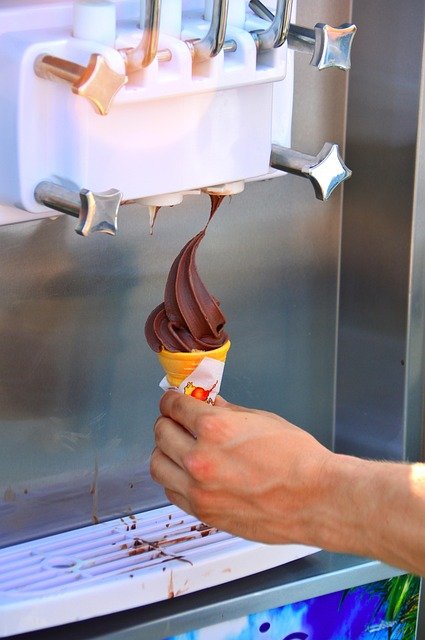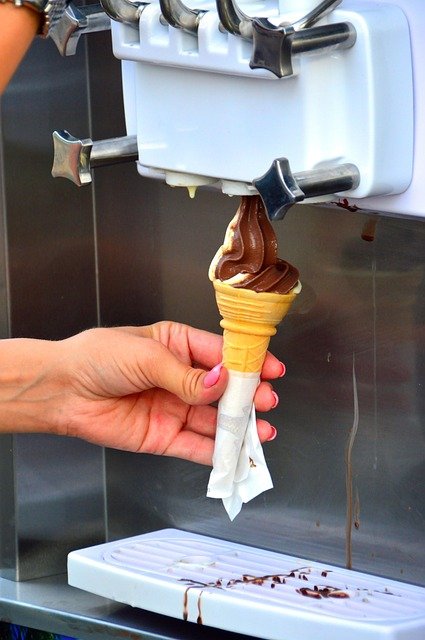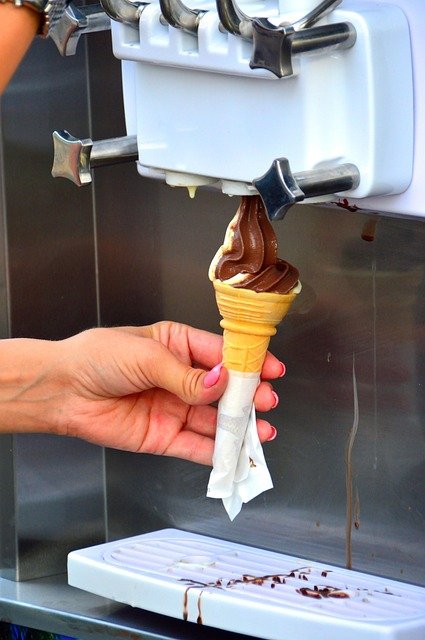Commercial Ice Maker Filters: Key Questions Answered
July 10, 2025 | by li, moniker

Commercial Ice Maker Filter Systems: Your Questions Answered
Commercial ice maker filter systems are essential for ensuring clean, high-quality ice in restaurants, bars, hospitals, and other businesses that rely on ice production. These filtration systems remove impurities from water, preventing scale buildup, improving ice clarity, and extending the lifespan of your Commercial Ice Maker. However, many business owners have questions about how these systems work, which type is best, and how to maintain them. In this Q&A article, we’ll address the most common concerns and provide expert insights to help you choose and maintain the right filtration system for your needs. Whether you’re installing a new system or upgrading an existing one, this guide will help you make informed decisions.
Why Do Commercial Ice Makers Need Water Filtration?
Water quality directly impacts ice production. Unfiltered water contains minerals, chlorine, and other contaminants that can affect ice taste, clarity, and even the machine’s performance. Over time, mineral deposits (scale) can clog the system, reducing efficiency and increasing maintenance costs. A high-quality Commercial Ice Maker filter system prevents these issues by removing impurities before they enter the machine. This not only ensures better-tasting ice but also prolongs the equipment’s lifespan. Businesses in areas with hard water benefit the most, as filtration reduces limescale buildup, keeping the ice maker running smoothly for years.
What Types of Ice Maker Filtration Systems Are Available?
There are several types of filtration systems, each suited for different needs:
- Carbon Filters: Remove chlorine, odors, and organic compounds, improving taste and clarity.
- Reverse Osmosis (RO) Systems: Eliminate nearly all impurities, including dissolved minerals, for ultra-pure ice.
- Scale Inhibitors: Prevent limescale buildup without removing minerals, ideal for hard water areas.
- Sediment Filters: Capture dirt, rust, and particles before they enter the ice maker.
Choosing the right system depends on water quality and business requirements. For example, a high-end bar might prefer an RO system for crystal-clear ice, while a busy restaurant may prioritize a scale inhibitor to reduce maintenance.
How Often Should Ice Maker Filters Be Replaced?
Filter replacement frequency varies by type and usage. Carbon filters typically last 3-6 months, while sediment filters may need changing every 2-3 months. RO membranes can last 1-2 years but require periodic pre-filter replacements. Neglecting filter changes leads to reduced efficiency, poor ice quality, and potential machine damage. Always follow the manufacturer’s guidelines and monitor water pressure—a significant drop often indicates a clogged filter. For businesses with heavy ice production, investing in a filter monitoring system can help track replacement schedules and prevent unexpected downtime.
Can a Filtration System Improve Ice Production Efficiency?
Absolutely. Clean water ensures optimal heat exchange in the Commercial Ice Maker, allowing it to freeze water more efficiently. Scale buildup insulates components, forcing the machine to work harder and consume more energy. A well-maintained filtration system reduces energy costs and minimizes downtime for descaling. Additionally, purified water produces clearer, harder ice that melts slower—ideal for beverage service and food displays. For businesses looking to maximize output while minimizing operational costs, a proper filtration system is a smart investment.
Conclusion
Commercial ice maker filter systems play a crucial role in maintaining ice quality and machine longevity. From carbon filters to reverse osmosis, each system offers unique benefits tailored to different business needs. Regular maintenance, including timely filter replacements, ensures consistent performance and prevents costly repairs. By investing in the right filtration solution, businesses can enjoy cleaner ice, lower energy bills, and extended equipment life. Whether you’re upgrading an existing system or installing a new one, understanding these key aspects will help you make the best choice for your operation. Don’t overlook filtration—it’s the backbone of efficient, high-quality ice production.
RELATED POSTS
View all


